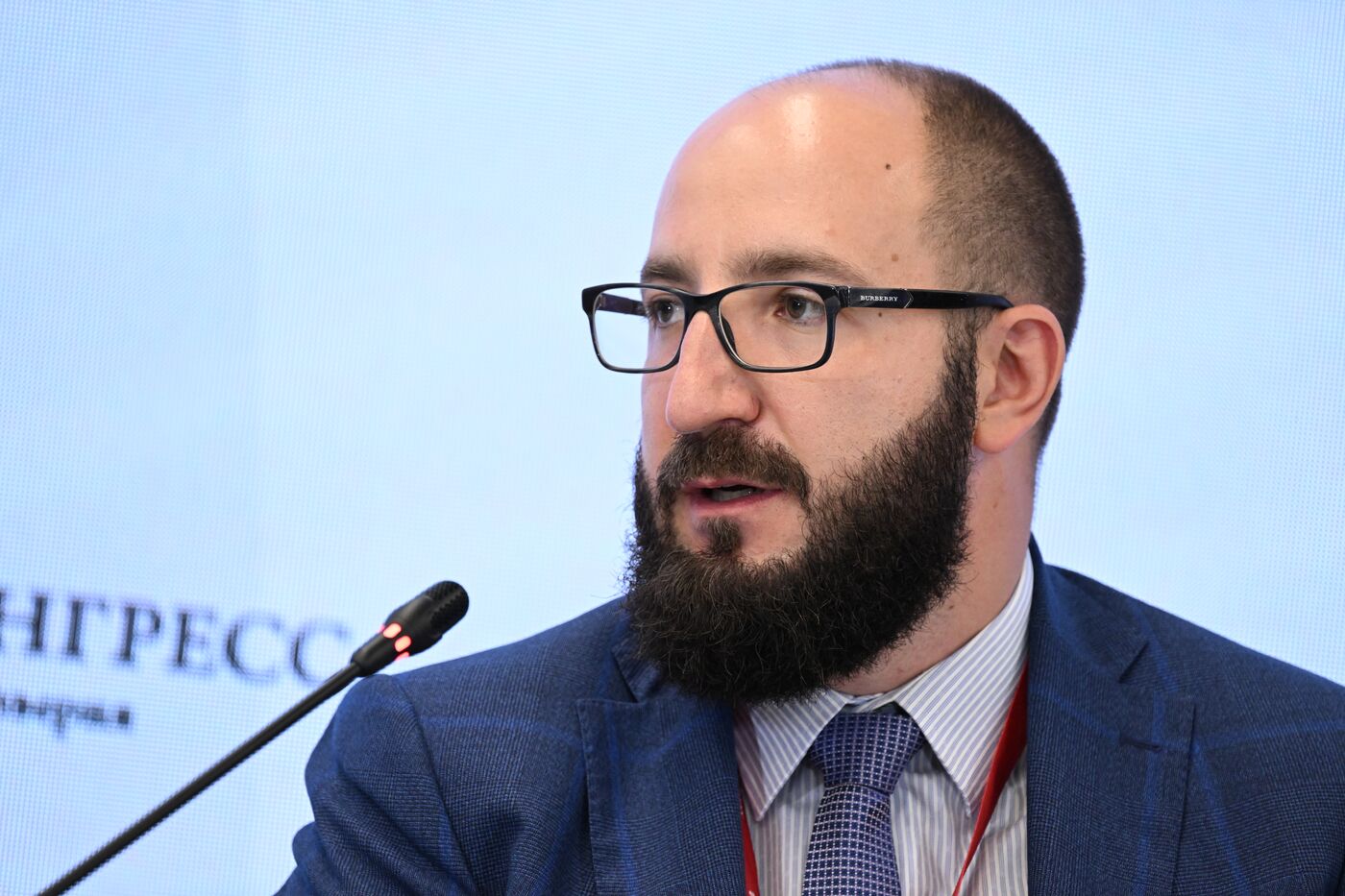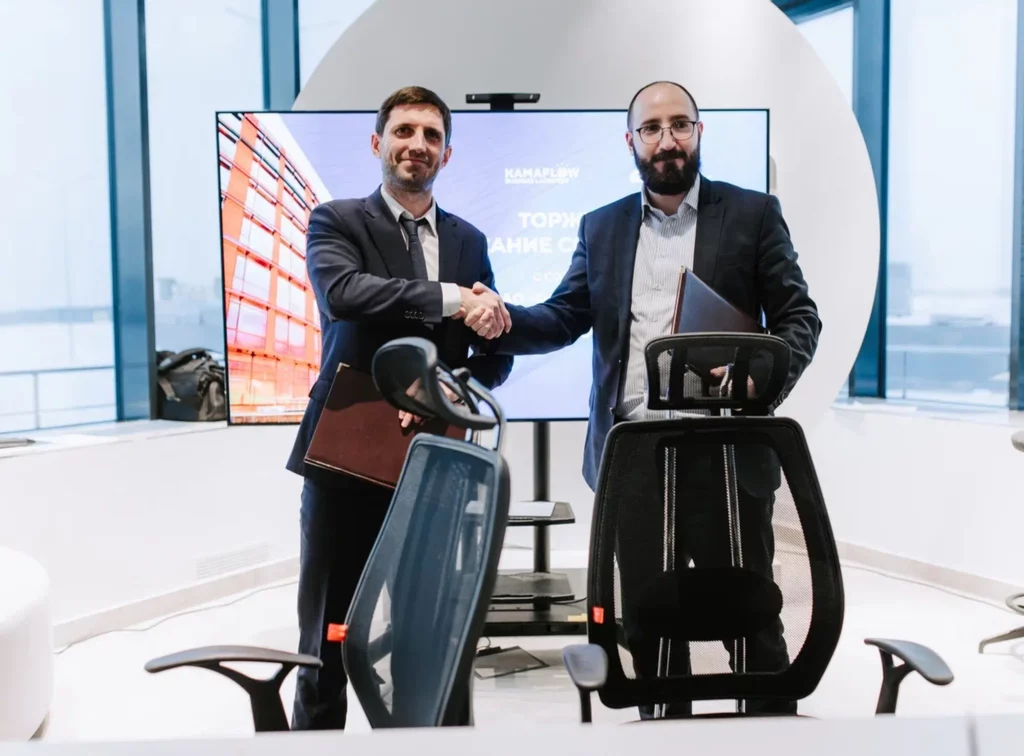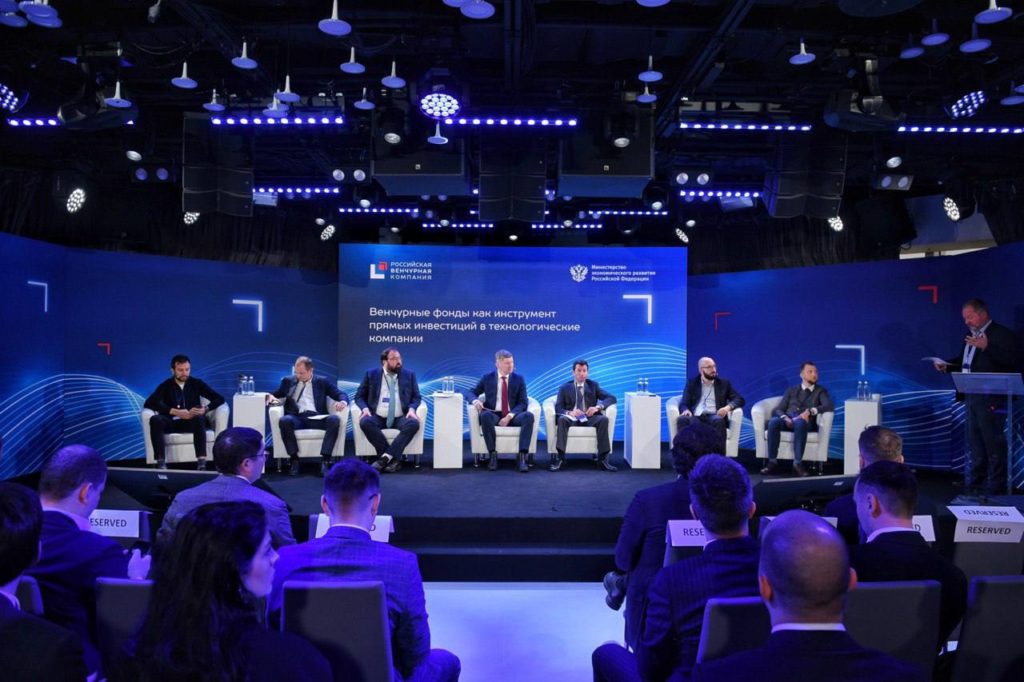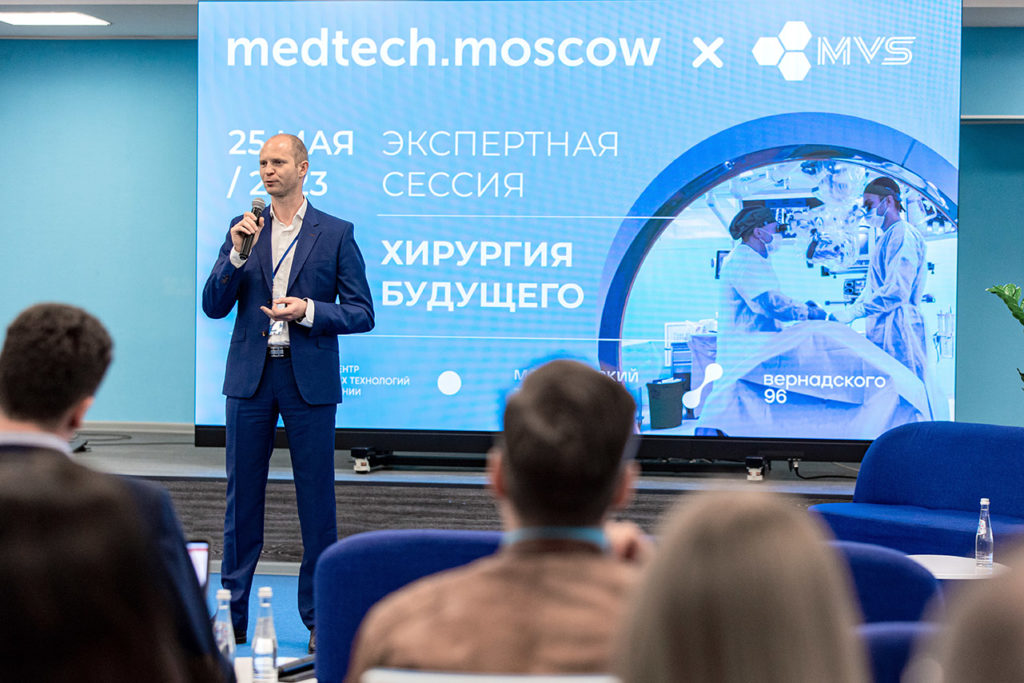
1. Who invests in healthcare?
What is the volume of investments?
— Evgeny Borisov: Investments in Russia can be divided into 2 categories: infrastructure for private medicine — various medical centers, private clinics, diagnostic laboratories and so on. Here, the circle of investors is well-known, well-established and practically unchanged.
Investing in medical technology, innovative products and technologies is much more complicated. There are quite a few investors in this category, there are practically no professional, specialised ones in Russia, mostly business angels who may not even be related to the healthcare sector. But investors who understand the market from the inside, who have specialised competencies, are sorely lacking in our country — they can be counted on the fingers, literally 3-4 funds, so the number of transactions not only does not grow year by year, but even decreases both in pieces and in rubles, despite all the efforts of the state to import high technologies. In general, in Russia, the volume of investment in this category is about 100-150 million dollars. These are microscopic numbers, which is very sad.

2. Are investments in medicine paying off?
At what speed?
— Evgeny Borisov: Russian medical technology is not much different from other high-tech industries. The payback period is 5-7 years on average. But these are adequate figures. Of course, this is a very long horizon for Russian investors, but this is normal for the industry as a whole: for comparison, in mature economies, for example, in the USA and the EU, it is about 10 years.
Here you also need to distinguish which type of project belongs to.
Infrastructure products have a longer payback period, but if we are talking about medical equipment and software, it is much faster because they are closer to the end user.
Also, for an investor in the medical sector, there are always specific risks associated with regulation. The market is highly dependent on supervisory and regulatory authorities, take the same obtaining a registration certificate for a medical device, which can take years and the investor cannot understand all this time whether the project in which he invested will “take off” or not. Although there is some progress here too, take, for example, the fast track pilot of VNIIMT.

3. What is a "qualified customer"?
Does the state always play this role?
— Evgeny Borisov: As venture investors, we depend on whether there is an established demand for the products of our portfolio innovative companies, whether there is a qualified customer.
In our understanding, a qualified customer meets the following criteria:
the customer has expressed interest in integrating independent innovative developments, the customer is ready to act according to the “open innovation” model;
the customer has enough competence and resources to formulate requirements and draw up a competent technical specification, piloting program, etc.;
the customer is ready to popularise the product, to act as an “Early Adopter” — customers who are emotionally involved in the new product, interested in implementation, even at the stage when it does not yet have all the necessary properties.
An illustrative example of concentrated demand from qualified customers, for example, is in the energy sector. There has been a pronounced trend towards clean tech for many years, and in response, a large number of startups have emerged and are emerging, developing renewable energy technologies, electric propulsion, etc., as well as a whole layer of specialised venture investors.
In Russia, the state is often (almost always) the qualified customer. A striking example is the Moscow experiment from the Center for Diagnostics and Telemedicine (Radiology of Moscow), in which tested AI solution developers can connect to clinics through ERIS EMIAS, process the flow of research on real patients and receive feedback.
From the point of view of world practice, is it normal that the state acts as a qualified customer – no, it is not normal, this is not a typical situation for the world as a whole. In developed countries, a competent consumer in the face of the corporate sector is more often at the beginning of the path, but in Russia this is not the case, our corporations rarely like to innovate, and especially in such a conservative industry as medicine. So the position of our state is largely forced.
4. What are the companies "Celsus" and "Medical Visual Systems"? and why do you support them?
— Evgeny Borisov: At Kama Flow, we do not like the term “support”, we are talking specifically about investing. We are interested in companies that can change the technological landscape of the market and at the same time are commercially attractive and able to bring income to investors.
That is, we have two main criteria: these should be pioneers and revolutionaries of the market, very ambitious companies, but at the same time already showing good economic dynamics. Celsus (Medical Screening Systems LLC) and MVS (Medical Visual Systems Ltd.) are just such companies.
From the point of view of which sectors of medicine we are interested in, these are, first of all, projects that aggregate medical data in one form or another. Ultimately, we want to combine, consolidate and standardize data from various sources and build an ecosystem of medical information for subsequent analysis by end-users (equipment manufacturers, med. institutions, pharmaceutical companies, etc.). It is noteworthy that there are no examples of an integrated ecosystem of medical data anywhere else in the world, which is sometimes associated with strict regulatory standards (GDPR), and sometimes with a banal lack of demand from local data consumers. Here, the Russian market has a serious competitive reserve, because in a sense it is well balanced.
Celsus is an AI platform for analyzing medical images (fluorography, X-rays, tomography, CT of the chest, brain) and detecting diseases.
MVS is developing a network of medical information recorder terminals with functions of synchronous recording of streaming video from connected video sources, the possibility of telemedicine consultations with two-way video communication from operating rooms, intensive care units and ambulances.

From our point of view, both companies are developing technologies and products that change the standards and level of medical care not only in our country, but also in the world.


